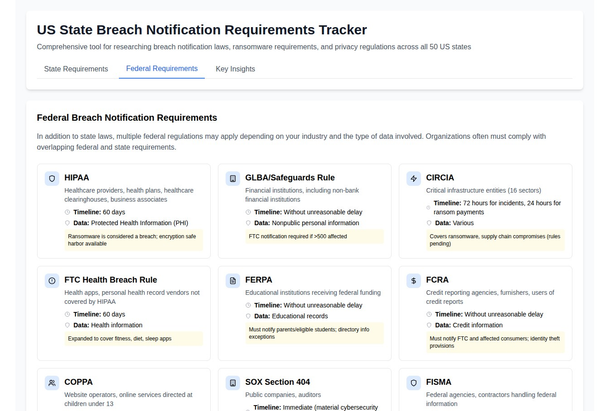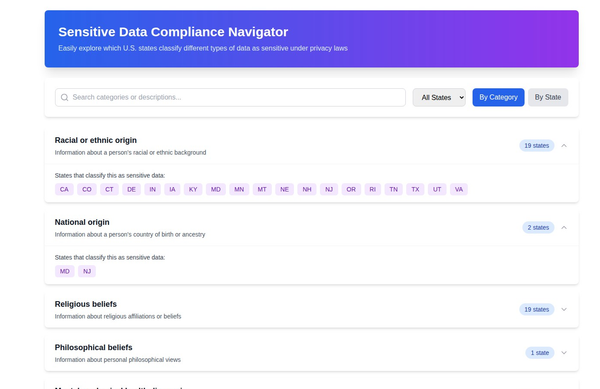The Importance of Data Privacy in the Digital Age

Summary: This piece can discuss the growing importance of data privacy in today's digital world, the risks associated with data breaches, and the role of privacy laws in protecting consumer data.
In the digital era, data has become one of the most valuable assets for businesses and individuals alike. From personal preferences to financial details, the data we generate every day provides insights, drives decisions, and powers the modern economy. However, with the increasing reliance on digital data comes the heightened importance of data privacy. This article delves into the significance of data privacy, the risks of data breaches, and the protective shield of privacy laws.
1. The Digital Footprint and Its Value
Every time we browse the internet, make an online purchase, use social media, or even just carry a smartphone, we leave behind a trail of data. This digital footprint is a goldmine for businesses, enabling them to tailor services, target advertisements, and make informed decisions. However, the very value of this data makes it a prime target for malicious actors.
2. The Risks of Data Breaches
Data breaches have become alarmingly common, with high-profile incidents making headlines regularly. The consequences of such breaches are manifold:
- Financial Impact: Companies can face hefty fines for failing to protect user data. Additionally, the cost of remediation, legal fees, and potential lawsuits can be substantial.
- Reputational Damage: A breach can severely damage a company's reputation, leading to a loss of customer trust and loyalty.
- Personal Consequences: For individuals, a data breach can lead to identity theft, financial loss, and a violation of personal privacy.
3. The Role of Privacy Laws
Recognizing the critical importance of data protection, governments worldwide have enacted privacy laws to safeguard consumer data. These laws aim to:
- Empower Individuals: Many privacy laws give individuals rights over their data, including the right to access, correct, and even delete their data.
- Hold Companies Accountable: Organizations are required to implement robust data protection measures, conduct regular audits, and report breaches.
- Set Clear Standards: Privacy laws provide clear guidelines on data collection, storage, and sharing, ensuring transparency and accountability.
4. The Global Landscape of Privacy Laws
From the European Union's General Data Protection Regulation (GDPR) to the California Consumer Privacy Act (CCPA) in the U.S., privacy laws vary across jurisdictions but share common principles. They emphasize the importance of consent, the minimization of data collection, and the necessity of secure storage and handling.
5. The Way Forward
As the digital landscape continues to evolve, so will the challenges associated with data privacy. It's crucial for businesses to stay updated on the latest regulations, invest in robust cybersecurity measures, and foster a culture of privacy awareness.
Conclusion
Data privacy is no longer a luxury or an afterthought—it's a fundamental right and a critical business imperative. In the face of growing cyber threats, a proactive approach to data protection, backed by stringent privacy laws, is our best defense. As consumers become more aware of their digital rights, businesses that prioritize privacy will not only ensure compliance but also win the trust and loyalty of their customers.





